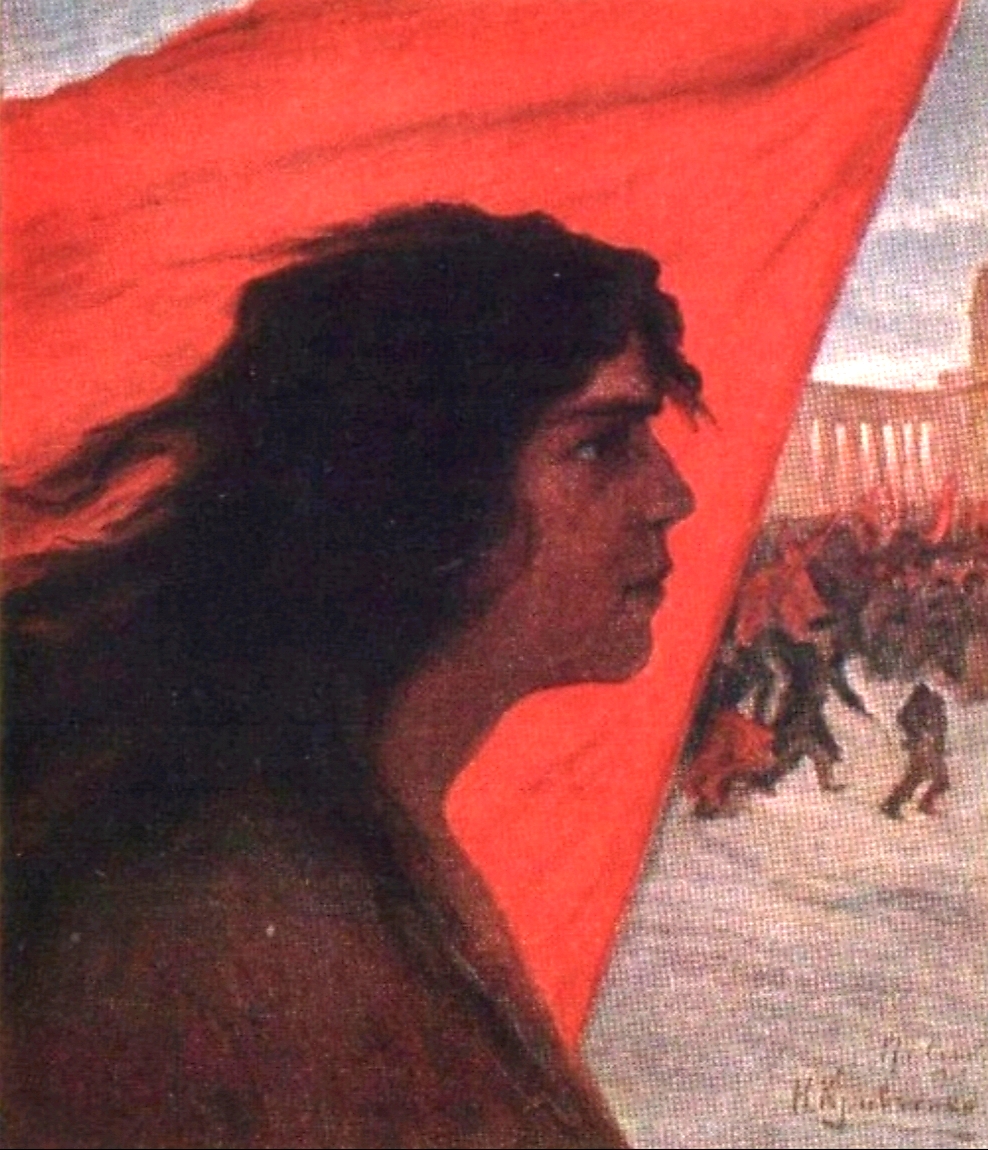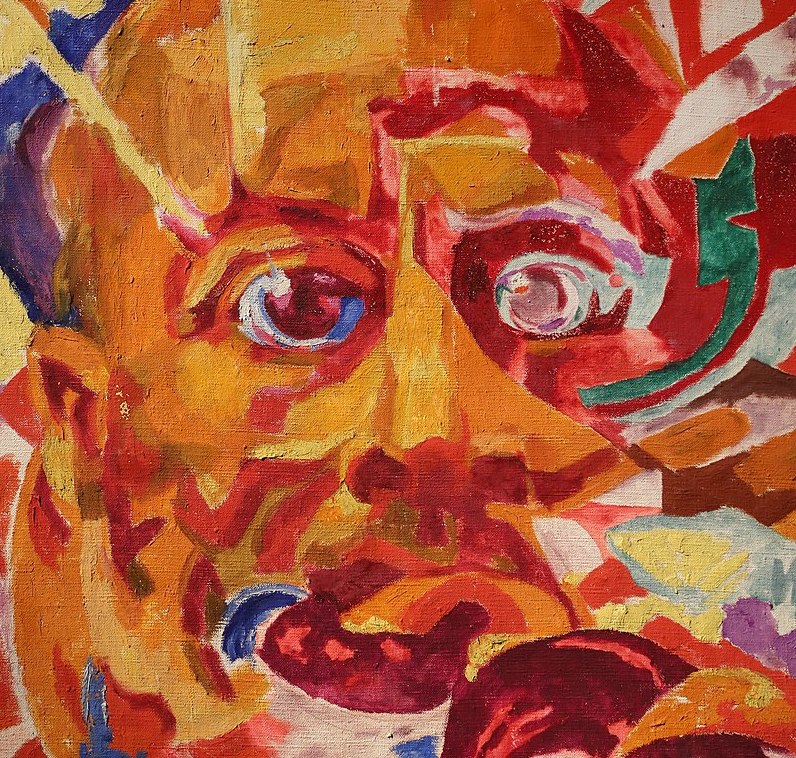Call for papers for the Psychoanalysis and Politics conference in the EPF House (European Psychoanalytic Federation), Brussels,
Rue Gérard 35, 1040 Etterbeek, Belgique, May 11th-12th 2024.
We have recently lived through a pandemic, and we have yet to work through the experiences it gave rise to and to understand how it has changed us and our surrounding world. The covid years caused and revealed death, losses, isolation, and inequality. Death was at our doorstep. Forced isolation from loved ones led to loneliness for many of us, while others were forcibly packed too tightly together, leading in both cases to loss of a suitable space for human interaction and support (see Arendt, 1958). These states gave rise to the sense of being abandoned, being left to fend for oneself. Some were abandoned to a greater degree than others; “All of Society does not fall apart at once”, wrote Jonathan Sklar (2020). “We are mainly used to being on the comfortable side of the equation rather than the other side. It can be very wretched being on the other side, living near the edge of a falling life, or worst, being over the precipice with no employment, very little money, cramped home conditions or living on the street. Those in some comfort can look over to the other side and locate the problem over there.” “In the aftermath,” he predicted, “there may be an eruption of overt psychic pain that will need to be understood and held.” On a more hopeful note, Jill Gentile (2020) wrote; “We might then say that the coronavirus has functioned, on a remarkable scale, as does psychoanalysis: breaking apart ideological enclosures and curbing our inclination toward repetition. […] Who among us, who has the privilege for any modicum of self-reflection, is not taking inventory of their lives –asking what needs to be shed, and what might, just might, be possible to change? Or at very least discovering that some things –freshly experienced as utterly unacceptable – absolutely can’t remain the same?”
Though, a few years later, it appears that several things have not only remained the same; conditions have worsened, and there is great insecurity about the state of the world we live in. The covid crisis was accompanied by an economic crisis, which was further increased by Russia’s war on Ukraine and free market policies. We have witnessed an increase in inequality and in poverty, and surprisingly, the pandemic has not entailed further investments in national health services. Rather, de-funding of the health sector appears to be the norm. Social investments in care and solidarity are thus far absent. Unsurprisingly, a systematic review of global research linking financial crises and mental harms has shown that these crises have consistent, long-term negative effects on people’s wellbeing, including increases in depression, anxiety, and risk of suicide. The review highlighted that the way societies are structured affects the impact of financial crises on their populations’ mental health; “At a national level, having strong welfare, accessible health services and progressive attitudes towards mental health are shown to reduce suicide and mental illness” (Talamonti et.al. 2023). Thus parallels may be drawn between the large-scale economy and the psychic economy of individuals, as well as, as does Katherine Kelley-Lainé, between democratic and totalitarian states and states of mind; “The maturational process is a complex and difficult dynamic for all human beings. We could call it the ‘économie vitale’, or simply the life process of differentiation [….] The creation of distrust, perpetual paranoia, and fear are essential to maintain an atmosphere of terror to conserve the State’s iron grip of total power” (2017). We may recall Bion’s statement that “healthy mental growth seems to depend on truth as the living organism depends on food. If it is lacking or deficient the personality deteriorates” (1965). As we witness two ongoing wars, how might we conceive of the interaction between the social and personal level in our relation towards truth, authenticity, lying, deceit, and propaganda?
“In the confusion of wartime in which we are caught up, relying as we must on one-sided information,” wrote Freud in 1915, “we ourselves are at a loss as to the significance of the impressions which press in upon us and as to the value of the judgements which we form.” After having been present to listen to one of Hitler’s speeches, Roger Money-Kyrle reflected on its structure: “it was not enough to substitute an external enemy for an internal one. It was also necessary to convert the internal persecutor into a mighty ally, which remained terrible indeed, but which would become terrible only to one’s enemies, and no longer to himself. The devil became the German (phallic) war god, and each listener felt him arise and throb within his breast” (1941-42). In describing the psychological process of propaganda, he stated; “First fear is stirred up, then hate to keep it in check; but the hate expects retaliation and thus increases fear, which has to be drowned by more hate and so on. The system needs effective hate – hate which can be satisfied – in order to preserve its life. If the hate were to become impotent, it would collapse into the hysterical anxiety which is its unconscious foundation.” Having aroused or intensified anxiety, the propaganda must next awaken hope in its particular form of salvation; it’s hero “begins as a saviour from real troubles, which he has probably exaggerated. He ends as the saviour from the anxiety which isolation outside his group may alone be sufficient to produce.”
In times of war, wrote Freud (1915) “Death can no longer be denied; we are forced to believe in it”, though as opposed to philosophers’ idea primaeval man being forced to reflection by the picture of death, becoming the starting point of all speculation, he argued that “What released the spirit of enquiry in man was not the intellectual enigma, and not every death, but the conflict of feeling at the death of loved yet alien and hated persons. […] It was beside the dead body of someone he loved that he invented spirits, and his sense of guilt at the satisfaction mingled with his sorrow turned these new-born spirits into evil demons that had to be dreaded.”
We invite contributions on these and related issues, on questions of decadence, decay, and destruction, and of psychic and other economies in our time.
***
This is an interdisciplinary conference – we invite theoretical contributions and historical, literary, or clinical case studies on these and related themes from philosophers, sociologists, psychoanalysts, psychotherapists, group analysts, literary theorists, historians, anthropologists, and others. Perspectives from different psychoanalytic schools will be most welcome. We promote discussion among the presenters and participants, for the symposium series creates a space where representatives of different perspectives come together, engage with one another’s contributions, and participate in a community of thought. Therefore, attending the whole symposium is obligatory. Due to the nature of the forum audio recording is not permitted.
Presentations are expected to take half an hour. Another 20 minutes is set aside for discussion. There is a 10 min break in between each paper. Please send an abstract of 200 to 300 words, attached in a word-document, to psychoanalysis.politics[at]gmail.com by March 13th 2024. We will respond by, and present a full programme on March 18th 2024.
This is a relatively small symposium where active participation is encouraged and an enjoyable social atmosphere is sought. A participation fee, which includes one shared three course dinner with wine, of € 379 before March 20th 2024 – € 449 between March 20th 2024 and April 17th 2024 – € 549 after April 17th, is to be paid before the symposium. Your place is only confirmed once your registration including payment is completed. Please note that places are limited, and that we may close the registration early if the spaces are filled up early. The final date for registration is May 1st. Your conference is fee is refundable up until the end of March 2024. After this date, it is non-refundable.
Your place is only confirmed once we have received your registration including your payment. Additional information will be given after your abstract has been accepted or after the programme has been finalized.
We would like to thank the European Psychoanalytic Federation.
Depending on your tax regime, it is likely that you can put the participant’s fee towards your private practice. Unfortunately, we are unable to offer travel grants or other forms of financial assistance for this event, though we will aim to make a reservation at a nearby hotel with a group discount. You will contact this (or another) hotel individually to book your room. Please contact us if you wish to donate towards the conference. We thank all donors in advance!
Upon your request, we will issue a letter stating that you have participated in this conference, which may qualify for CPD points, though you would want to check with your training institution whether this satisfies their requirements.
NB: Please make sure you read the Guide for abstracts thoroughly.
Works cited
Arendt, H. (1958) The Human Condition. Chicago and London: The University of Chicago Press.
Bion, W.R. (1965) Transformations. London: William Heineman.
Freud, S. (1915) “Thoughts for the Times on War and Death”, SE, vol. 14.
Gentile, J. (2020) “Time may Change Us: The Strange Temporalities, Novel Paradoxes, and Democratic Imaginaries of a Pandemic”, Journal of the American Psychoanalytic Association, vol. 68., no. 4, https://journals.sagepub.com/doi/10.1177/0003065120955120
Kelley-Lainé, K. (2017) “From Totalitarian to Democratic Functioning: The Psychic Economy of Infantile Processes” in L. Auestad, A. Treacher Kabesh, eds. Traces of Violence and Freedom of Thought. London: Palgrave Macmillan.
Money-Kyrle, R. (1941-42) “The Psychology of Propaganda” in The Collected Papers of Roger Money-Kyrle, D. Meltzer/ E. O’Shaughnessy eds., Clunie Press, 1978.
Sklar, J. (2020) “A-tishoo, A-tishoo We All Fall Down”, London, 24 March, Reflections in Our Times, https://www.psa-pol.org/reflections-in-our-times/a-tishoo-a-tishoo-we-all-fall-down/ – a longer version is forthcoming in Sklar, J (2024) The Soft Power of Culture: Art, Transitional Space, Death and Play, London: Karnac.
Talamonti, S., Schneider, J., Gibson, B., Forshaw, M. (2023) “The impact of national and international financial crises on mental health and well-being: a systematic review” in Journal of Mental Health, https://www.tandfonline.com/doi/full/10.1080/09638237.2023.2278104 and see: “Financial crises damage people’s mental health – our global review shows who is worst affected” in The Conversation https://theconversation.com/financial-crises-damage-peoples-mental-health-our-global-review-shows-who-is-worst-affected-218313




